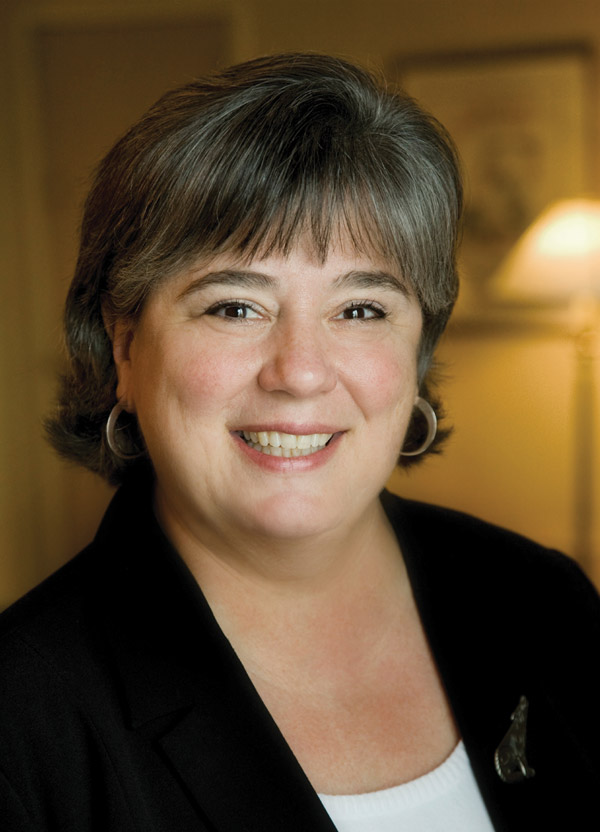
As the largest healthcare profession and the one most trusted by the public in the annual Gallup survey, nurses have the power to improve the health of communities throughout the country by bringing their expertise into the boardroom. However, we are an absent voice in so many of those boardrooms.
The Nurses on Boards Coalition (NOBC), for which Laura Benson, RN, MS, ANP, represents ONS, aims to improve the health of communities and the United States through the service of nurses on boards and other bodies. It has a goal of 10,000 nurses on boards by 2020. Given the advances in cancer care that are having an impact on our healthcare environment and economy, oncology nurses have knowledge that would be an asset to corporate, nonprofit, and governance boards as well as commissions, panels, and task forces that shape cancer care. ONS is committed to preparing and supporting members who seek board service for organizations in their communities or nationally.
How Do Nurses Gain Appointment to Influential Boards?
Being appointed requires not only being prepared, but also speaking up and letting your interests be known. Preparing your resume to showcase your leadership on association boards or community nonprofit groups is necessary.
As you know, we recently concluded the ONS election. Service on any of the ONS Boards is one way to prepare for the boards that NOBC envisions for nurses. The ONS Leadership Development Committee has resources to prepare members not only for ONS Board service, but board service more broadly.

One reason that nurses often think they could not serve on a corporate or nonprofit board is lack of financial knowledge. However, member association boards have fiscal responsibility; the ONS budget is $28 million for 2017. Other important responsibilities for ONS Board members are setting strategic priorities, monitoring the products and services of the organization, and reviewing the performance of the chief executive officer. These are the same responsibilities that corporate and healthcare delivery boards have as well.
Advocating for Patients and the Profession
Advocacy has become prominent for an association. For ONS, representing the profession and our patients shapes the policy agenda. We are seeing activism increasing at the local and national level because of the shifting political landscape. For example, ONS has collaborated with other associations in submitting letters to the presidential administration about the essential components of a replacement plan to the Affordable Care Act. The ONS president recently met with Congressional officials to review our key priorities. When serving on boards, members can be called on to speak on the organizations’ core platforms.
NOBC and its members are committed to educating organizations about the value that nurses bring to their boards and to finding nurses to serve on those boards. NOBC is compiling a database of nurses who currently serve on boards and those who would like to. You can submit your information on the NOBC website.
Now is a good time for nurses to claim their power to influence the health of our nation, and ONS is prepared to support our members’ knowledge and abilities to do so.





